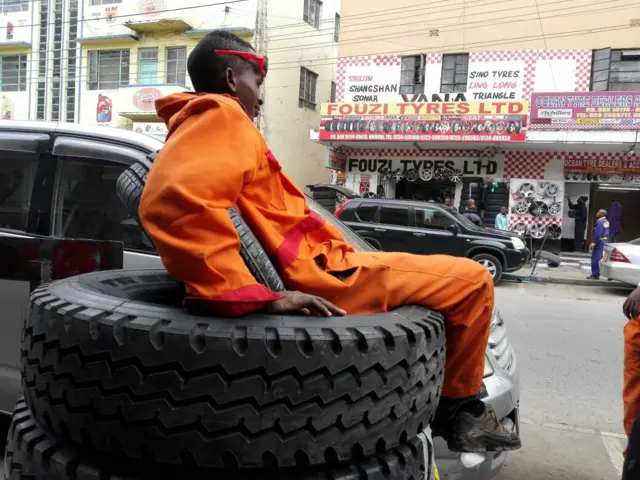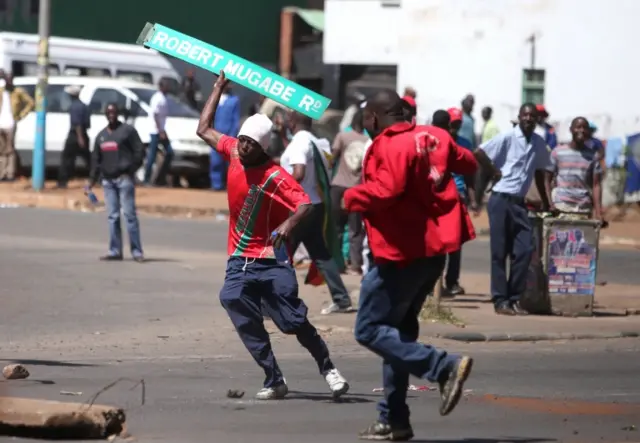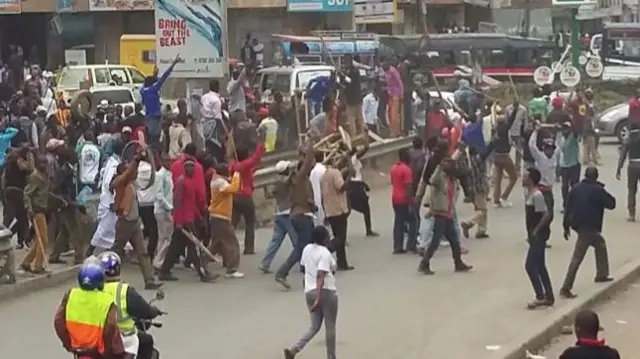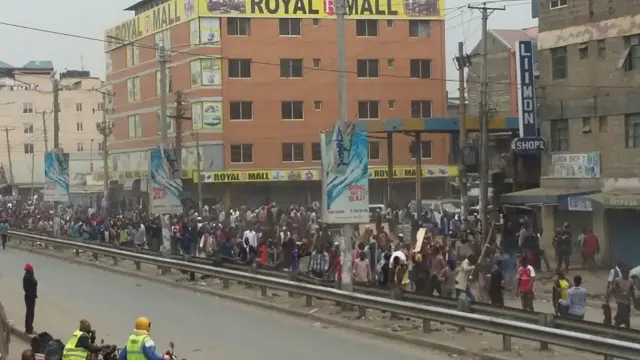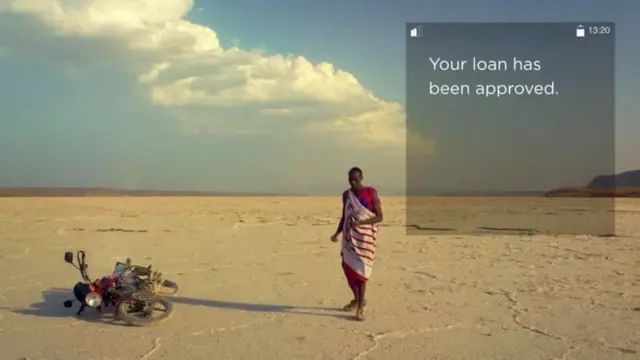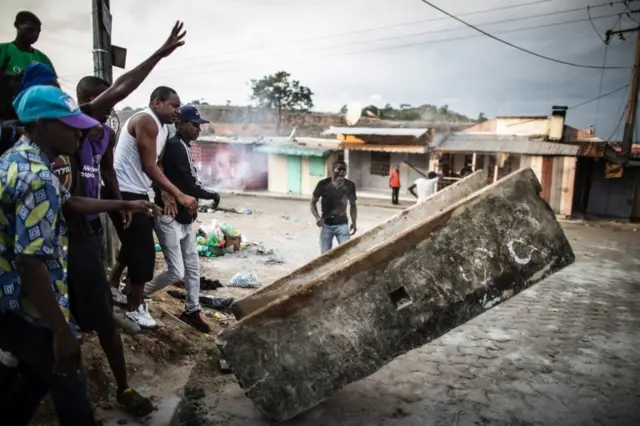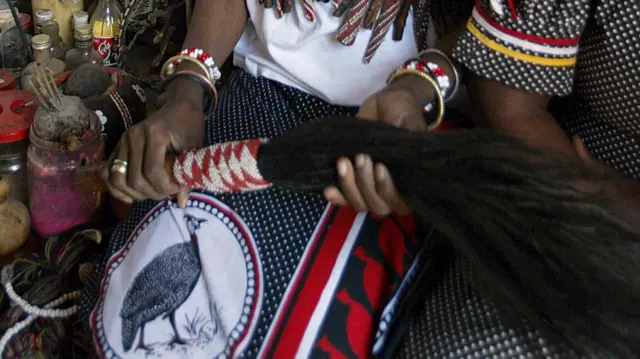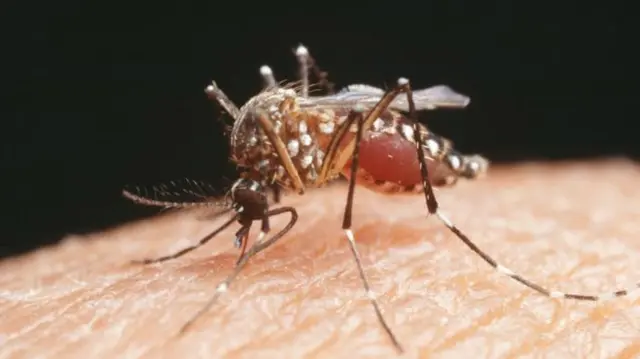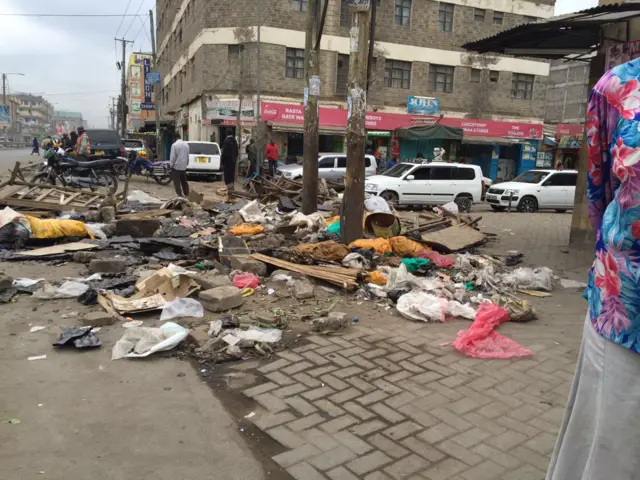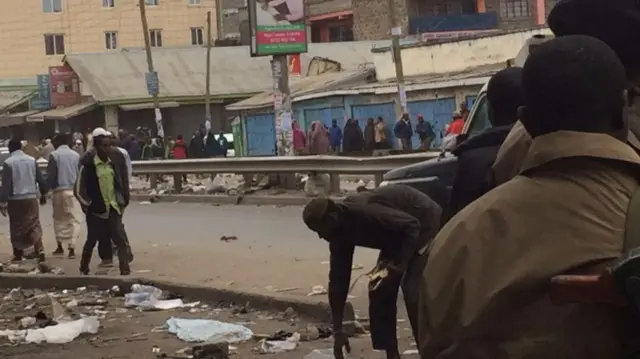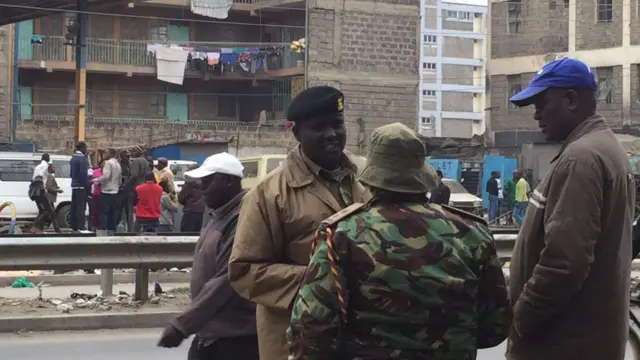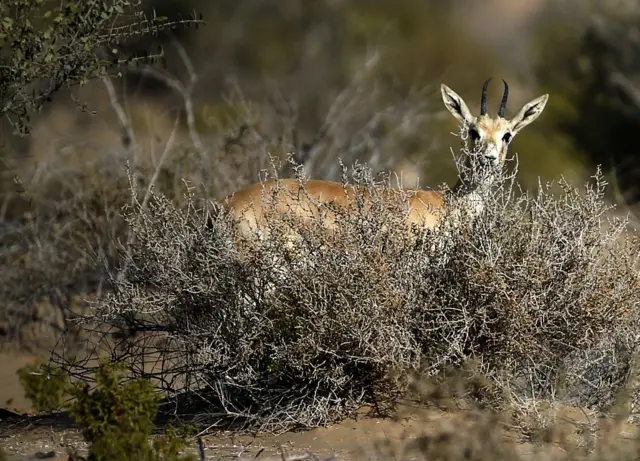Ugandan chess queen unfazed by Hollywood filmpublished at 12:39 BST 2 September 2016
A Hollywood film about the young Ugandan chess champion Phiona Mutesi is due out this month with big name stars such as David Oyelowo, Lupita Nyong'o,
The Queen of Katwe is about how Phiona grew up in one of the Ugandan capital's poorest slums to become an international chess player.
It is based on a book of the same name written by Tim Crothers, who told the BBC’s Newsday programme about Phiona and her ambitions to go to Harvard University.
He said that in July he was surprised to hear that she hadn't seen any previews of the film and wasn't too bothered to do so, telling him: "Well, Tim, I know how the story goes."
Listen to the whole interview:
The inspirational story of Phiona Mutesi is being turned into a Hollywood film
